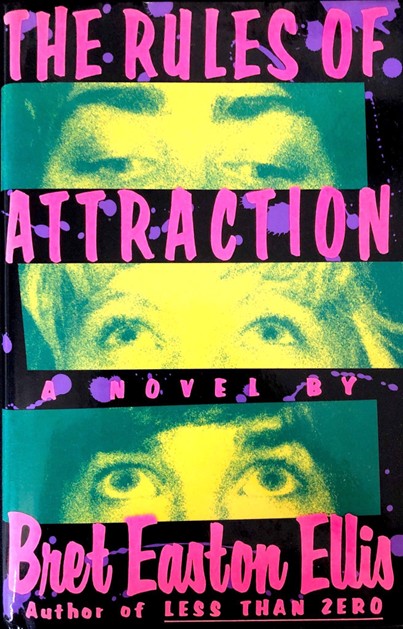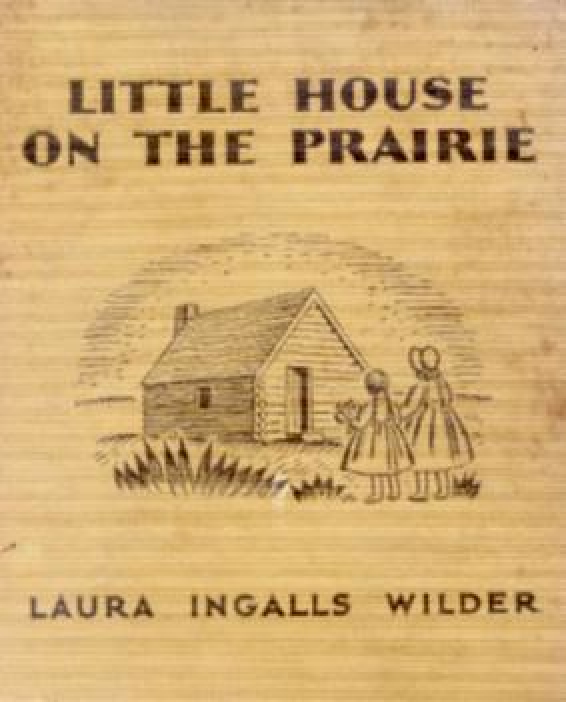Whether you’re a writer who dates or you’re looking to date one, there are a few things you may need to know about the dating game. You might imagine that dating a writer is pretty romantic—what with the whole “art imitating life” factor—but it’s daunting to get involved with one. We’re moody, unrealistic and introverted. We’d much rather write or people watch than have a real conversation with real people. We procrastinate, and we’ll point out typos or grammatical errors in your texts and emails. We’re typically anxious about whether we will ever “make it big,” so we’re judgmental of ourselves and our work. And we’re slaves to coffee and beer.
For these reasons, most writers are not to be dated under any circumstances. If you’re still interested though, here are a few tips:
1. Don’t do it. It bears repeating. Even if your writer isn’t introverted, they are often quiet, indecisive, or a little insane. If we weren’t, we wouldn’t write anything worth reading, and we wouldn’t finish it either.
2. Your writer is a work in progress. Writers are notoriously pretentious and forgetful, and our anxiety and criticism can be infuriating. If we’re annoying, tell us so that we can reevaluate the aspects of our persona that are detracting from the scene. We’ll revise them. Drafting a piece over and over has taught us that some aspects of characters hurt the story, and sometimes we have to alter their behavior to tell the story we want to tell. Don’t feel bad if you have to ask your writer to revise something; maybe I’m only speaking for myself, but generally, writers are open to change and revision. If not, they probably aren’t a very good writer (or person), so you should probably break it off.
3. Check your writer’s policy on simultaneous submissions. When a writer sends a piece to numerous journals that accept simultaneous submissions, that’s fine. But when a journal specifies that a writer can only submit to one publication at a time, they understand that they can’t send their piece anywhere else. Writers operate in a similar fashion: some will be okay with monogamy and some won’t, and that’s okay. Just make sure you check your writer’s submission policy first, and let them know what your requirements are, too.
4. Sharing work is a big gesture. Often, the only people who will see a piece of work before it is finished are the writer’s workshop group, their editor or agent (if we have either), and the writer themselves. If you are invited to read a piece we aren’t finished with, we must really like you and respect your opinion. You don’t have to be involved with every step of the writing process, but if your writer offers you a piece of work, consider reading it. We want to hear your feedback.
5. You’re in our books. You contain multitudes. Your writer will see all of these. We will observe them, analyze them, and point them out to you sometimes. It’s in our nature. Sometimes it may seem like you’re only one thing or the other, but your writer is always examining your character for its nuances, and they will love you for each detail they zoom in on. Face it: you’re going to see aspects of yourself emerging in your writer’s work (the good parts, the bad parts, and everything in between). If you don’t, they probably don’t really love you.
6. We’re great at rejection. If you have to let us down, don’t worry. We’re great at rejection. We slave over pieces for hours, days, weeks, sometimes even years, and then we send them to journals that have <5% acceptance rates, or editors/agents with <1%. This is the best process for growing a thick skin. We believe in our work enough to know it will eventually find a home, even if that means revision after revision after revision, ad nauseum. If you need to dump your writer, just be straightforward, and turn us down in a timely manner. We’ll almost always appreciate direct and clear feedback over a form letter, but either way, let us know and we’ll probably understand. We’ll just need to write about it afterwards.
So there you have it—a few hard and fast rules for dating a writer. But as much as I like to tease them, the writers in my life are some of the best people I’ve ever known (myself included). You’ll constantly benefit from their close eye for details and grammar lessons, and you’ll wonder how you managed without 6,000 pens scattered across every surface of your home. I sincerely wish you the best of luck dating your writer, and I bet you $10 you get a book dedicated to you.



